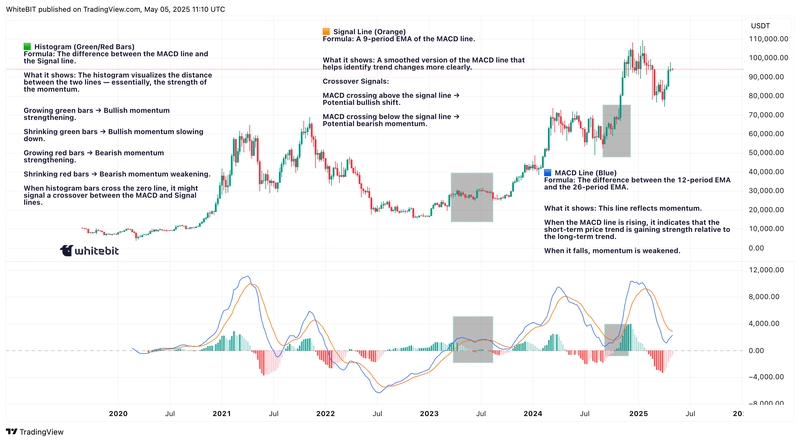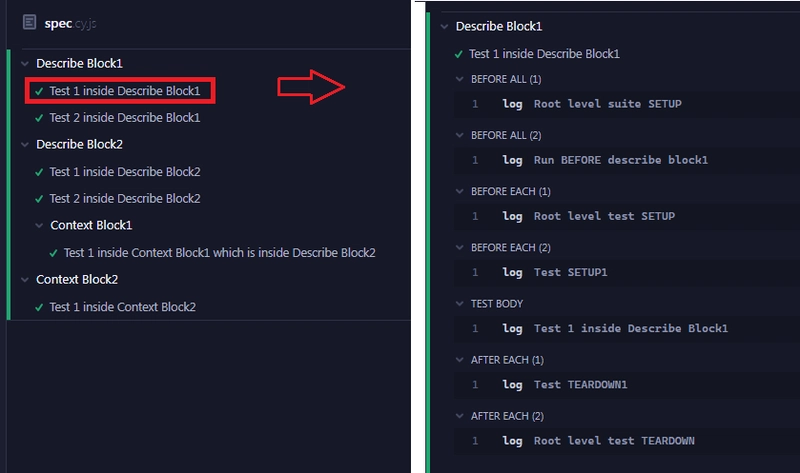Trading Cycle positions itself as the “Jupyter Notebook for Algo Traders”—offering rapid backtesting, easy strategy iteration, and a collaborative dev environment. From a QA perspective, this is a big deal.
Why? Because speed and flexibility in trading shouldn’t come at the cost of accuracy and system integrity.
Here’s how Trading Cycle changes the QA game—and how we need to adapt our validation mindset.
⚙️ Test in Seconds? Better Make It Reliable
With Trading Cycle, users can:
- Write strategies in Python
- Run backtests in seconds
- View detailed analytics on performance
- Use preloaded historical data for validation
All great features—but as QA, we ask:
- How reliable are those backtest results?
- Are edge cases covered in the simulation engine?
- Is historical data clean and consistent?
- Can strategies that pass here also perform live without regression?
QA isn’t just about “does it work?” — it’s about does it hold up under pressure and scale?
🧪 QA Opportunities in Trading Cycle
Here’s how we can level up testing with platforms like this:
📈 Data Validation
- Ensure historical datasets match known benchmarks
- Flag missing, duplicated, or inconsistent data rows
- Validate preprocessing logic that impacts indicators and price feeds
🧠 Strategy Reproducibility
- Confirm that running the same strategy yields identical results
- Test with randomized seeds to uncover hidden volatility
🏁 Performance Under Load
- Can the platform handle 100+ backtests in parallel?
- Does it log outliers or failed runs effectively?
🔄 Real-World Parity
- Compare backtest performance vs real-market execution
- Test how strategies adapt to slippage, fees, and API latency
🤝 QA as a Co-Pilot, Not Just a Gatekeeper
Trading Cycle’s notebook-like UI and collaborative features are a win for cross-functional teams. For QA, it opens doors to:
- Pair testing sessions with quants and developers
- Shared regression backtest notebooks after each code update
- Realtime debugging of faulty indicators or anomalies
We’re no longer on the sidelines—we’re embedded in the loop.
🚨 Risks Without QA Involvement
Left untested, even the best backtesting engine can:
- Give false confidence in underperforming strategies
- Ignore market conditions that cause live slippage
- Crash under concurrency when scaling up to pro usage
That’s why QA isn’t optional—it’s critical infrastructure.
🧠 Final Word: QA’s Role in the Future of Automated Trading
As trading becomes more open, more programmable, and more collaborative, QA must evolve with it. Platforms like Trading Cycle are changing how strategies are built and tested—but also how quality is measured.
If you're shipping strategies, you're shipping software. And software needs testing.
💬 Have you tested or built strategies with Trading Cycle? Drop your QA learnings or questions in the comments—we love real-world testing stories!


